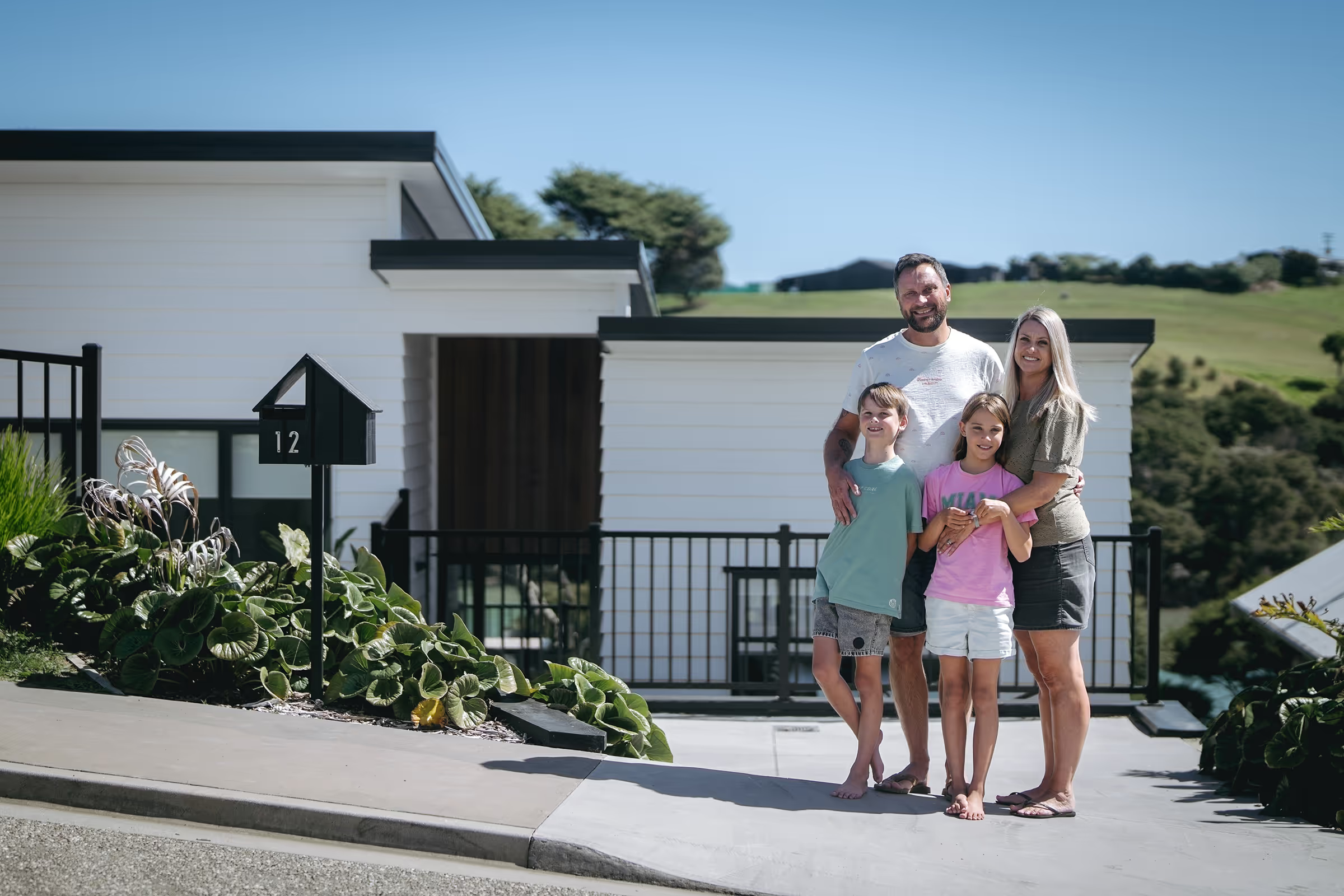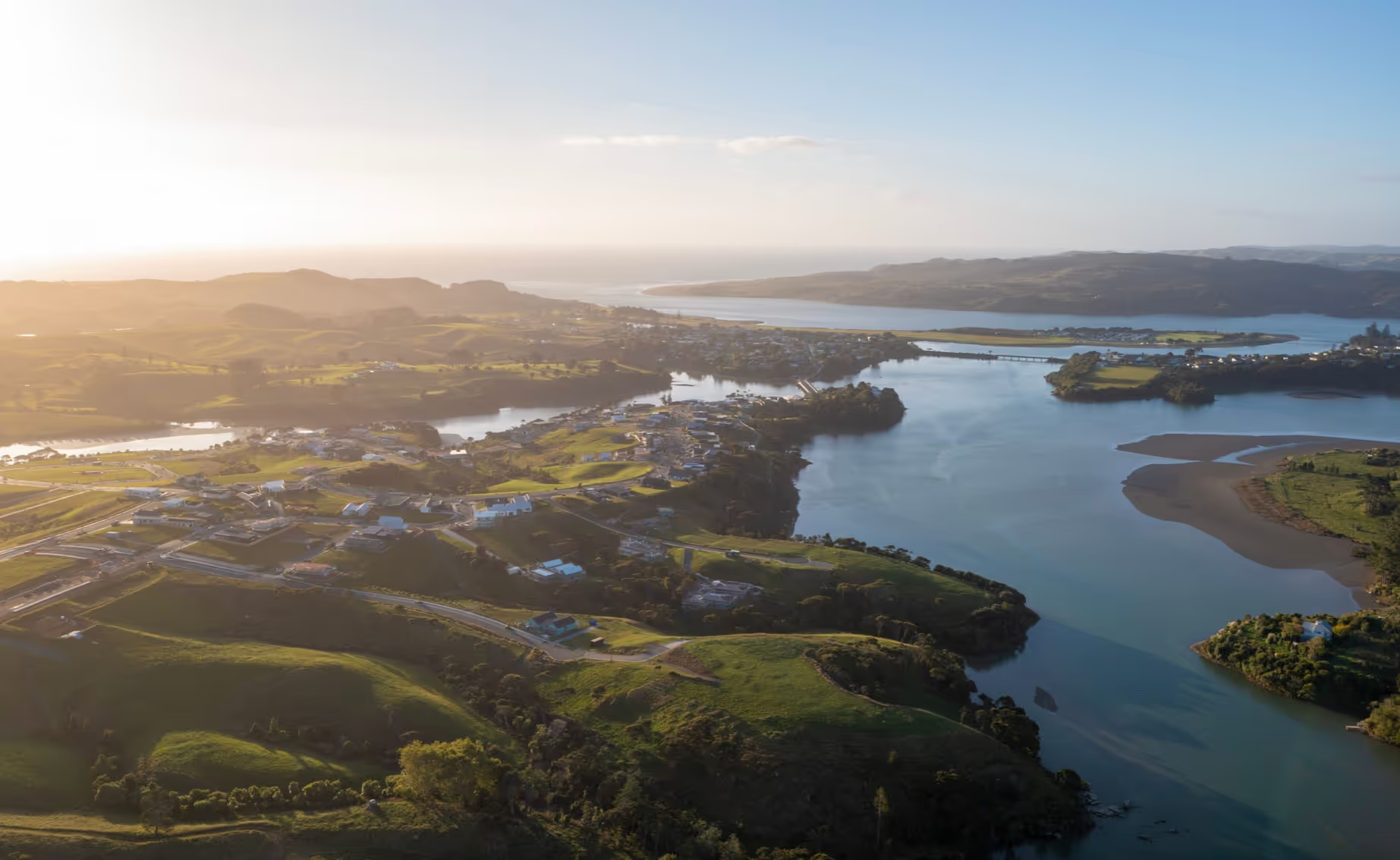How to minimise new build budget risks
With the recent stories in the media about delays and price increases when building new homes, it might be daunting to consider a new build. But there are ways and means to significantly reduce the risk of building your new home. With a bit of research and choosing the right building partner, you can soon be enjoying your brand-new home. Here are some tips on how to stay within budget with your new build:
Stick to the plan: When entering the design phase of your new build, work with the architect to ensure you have included all of your must-haves at the beginning; any last-minute changes or product alterations can be costly and instantly blow the budget. Many builders with a fixed price contract will ask you to select everything right down to the kitchen sink at the costing stage, so there will be no surprises. Do some research on what you would like your home to look like, and go into these meetings with a clear vision.

Keep it Simple: Clean straight lines on a build = cost savings. The more simple the design, the more cost-effective your pricing structure will be. This doesn’t mean a boring square box; there are many ways an architect can create interest and style when using a simple design. We are also noticing a clear trend in Rangitahi towards quality over quantity. Choosing to go with a smaller footprint so there is money in the budget for nicer cladding and fittings is a great way to create a nicer home that fits your budget.
Have a contingency fund: There are going to be times when there might be a budget blowout; you can do the most robust planning and then realise that a retaining wall needs to be included, or you just have to have the latest release of marble bench top rather than the engineered stone that you had chosen initially. These things happen sometimes, but having a contingency fund is the best way to mitigate any unexpected costs. Depending on land and build price, a good contingency fund might be $50-$100k, but this is an excellent conversation to have with your builder in the planning stage.

Communication is key: When choosing your builder, it is essential to find out their communication process and how you will be kept up to date with any issues, changes and budget. Make sure you are happy with their communication style and understand it thoroughly. If possible, it is also a good idea to maintain your own budget tracking system.
Choose a builder that offers a fixed price guarantee.Many builders now offer a fixed price guarantee, which is often a requirement from your bank. Ensure you read the contract well and understand any areas that include a PC Sum and if they have a clause to pass on any unforeseen costs and price increases. Often this will be the case which is usually fine, so long as you understand it before entering into a contract.

Signature Homes is proud to offer our clients Fixed Price Contracts as part of our independently-bonded Building Guarantees program, a market-leading offering that has seen 1,000’s of NZ homeowners protected throughout their building journey.In addition to our Fixed Price Contract offering, and to safeguard against supply shortages and building delays, we have robust buying strategies in place which ensure we are guaranteed priority in the allocation of materials which also aligns with our ‘Guaranteed Completion Date’ guarantee.
Almost all our contracts are fixed price, this is usually a requirement from the bank. The only part of the contract that is not fixed price is the excavations; this is always a PC sum. To ensure we don’t go over budget, we spend more time with our clients in the beginning, locking in the selections for the whole house. The client can still make changes, but it just prevents any surprises during the build.
There is nothing quite like designing and building your own home and being the first people to live in a house designed just for you - that feeling is priceless. If you would like to come and view some sections so you can start your own build journey, contact us HERE.

.svg)





































































































.svg)